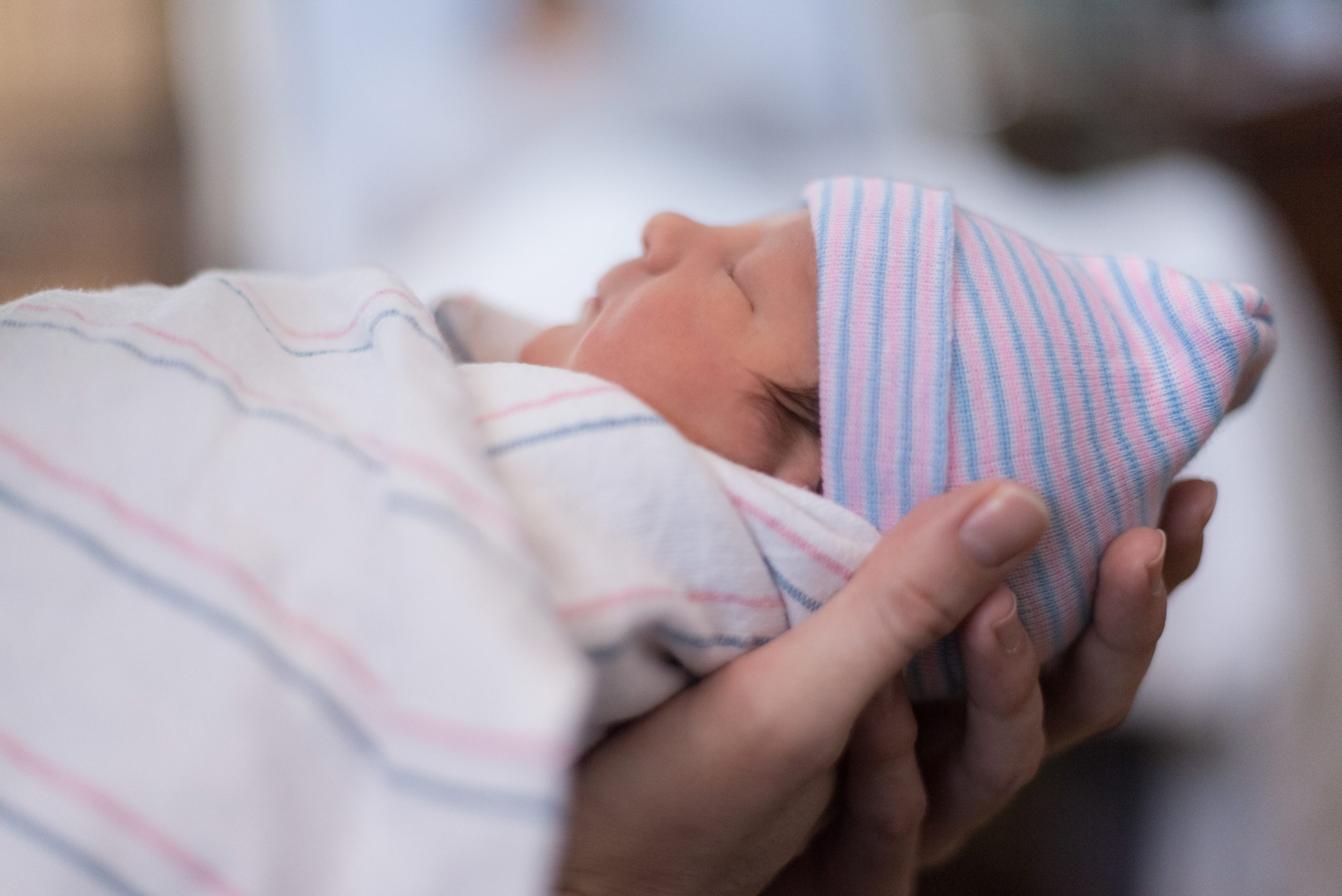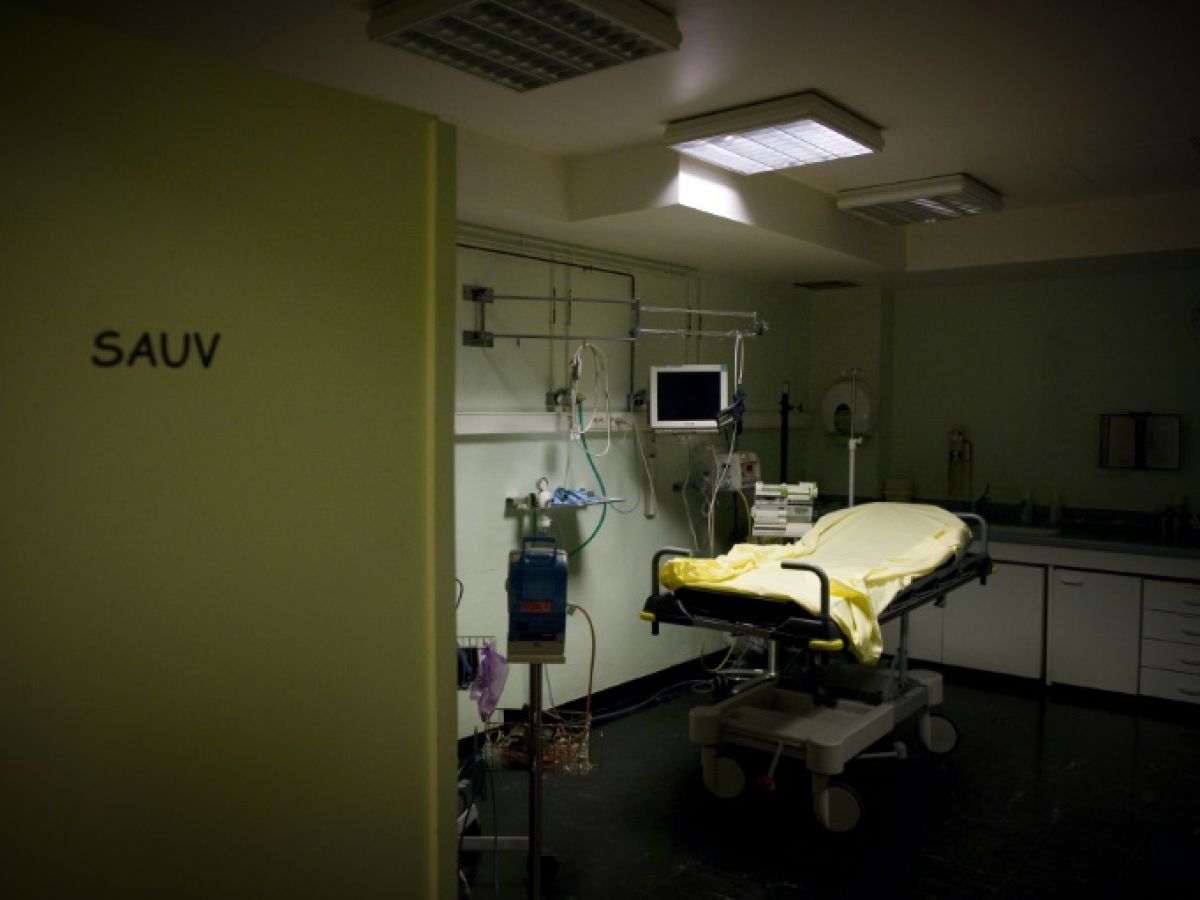Combining their messenger RNAs to better fight cancer: Germany's BioNTech, which has become a pharmaceutical star with its anti-Covid vaccine, will absorb its rival CureVac, also a pioneer in mRNA, in an unexpected acquisition announced Thursday.
Cancer vaccines are raising great hopes, but experts are urging caution: trials are still early and results vary depending on the type of tumor.
"In any case, mRNA vaccines mark a true medical revolution, perhaps even the beginning of a successful treatment for cancer," said German Chancellor Friedrich Merz on Tuesday at the presentation of a national prize in Berlin.

The award was given to the research couple Özlem Türeci and Uğur Şahin, co-founders of the start-up BioNTech, who "constantly chose to venture into the unknown," according to Mr. Merz.
BioNTech is taking on a new challenge by acquiring CureVac for approximately $1.25 billion (€1.08 billion), in order to strengthen its cancer research and expand its range of messenger RNA-based immunotherapy treatments, according to a press release.
It will also expand its expertise in the design, formulation and production of mRNA, and integrate CureVac's infrastructure, notably its site in Tübingen (west).
At the heart of mRNA is a molecule that transmits instructions from DNA to the body's cells to make proteins that protect against disease.
Founded in 2008, BioNTech has experienced a meteoric rise thanks to the development, in 2020 with the American company Pfizer, of one of the first messenger RNA vaccines against Covid-19, helping to revolutionize the fight against the pandemic.
Although its results deteriorated once the Covid crisis subsided, BioNTech still has cash reserves of nearly €16 billion, enough to invest in research and development of new therapies.
CureVac, founded in 2000 in Tübingen by researcher Ingmar Hoerr, was another mRNA pioneer, being seen as a direct competitor to BioNTech in the race for a Covid-19 vaccine.
But its candidate, deemed insufficiently effective, was abandoned in 2021.
In view of the merger of the two Nasdaq-listed companies, CureVac shareholders will receive BioNTech shares at a premium of 55% over the average price over the last three months.
The transaction is expected to close by the end of 2025, subject to regulatory approvals, before CureVac becomes a wholly-owned subsidiary of BioNTech.
The German government, through the public bank KfW, which holds 13.3 billion of CureVac's capital, is supporting the deal, and shareholders representing 36.76 billion of the target—including the Dievini holding company of Dietmar Hopp, co-founder of the software giant SAP—have agreed to sell their shares, under certain conditions.
The merger between the two companies comes after CureVac filed a lawsuit in a German court in 2022 against BioNTech for infringing patents related to mRNA technology. The litigation is still ongoing.
– World Race –
In addition to its plans to partner with CureVac, BionTech announced in early June an agreement with the American laboratory Bristol Myers Squibb (BMS) worth up to $11.1 billion to jointly develop a new antibody against cancer.
The race for therapeutic vaccines against cancer is mobilizing many other players, including the American company Moderna, which is also using its mRNA platform beyond Covid-19 to tackle oncology.
With the American company Merck (known as MSD in France), Moderna is developing a therapeutic vaccine against melanoma. Clinical trials have already been launched on other cancers, such as non-small cell lung cancer, kidney cancer, and certain bladder tumors.
The objective stated last year was to obtain marketing authorization for certain products this year.
Other companies, such as France's Transgene, are also testing individualized therapeutic vaccines, such as TG4050, in phase 2 for head and neck cancers.


